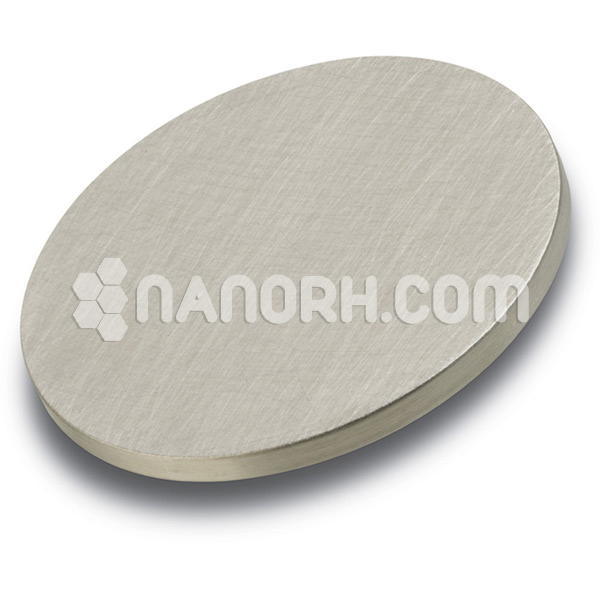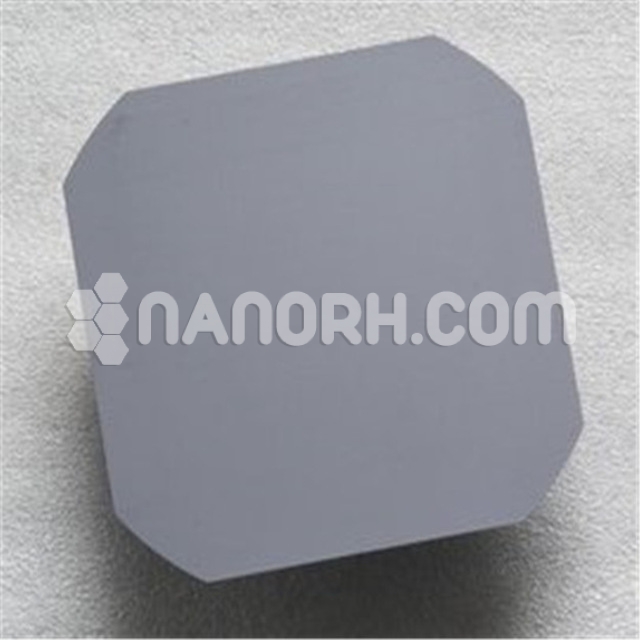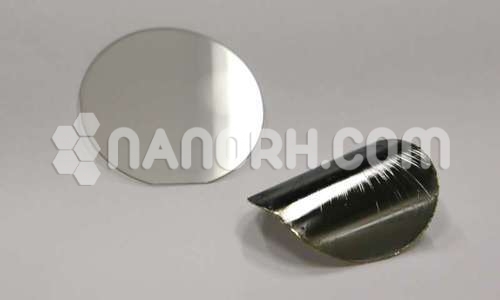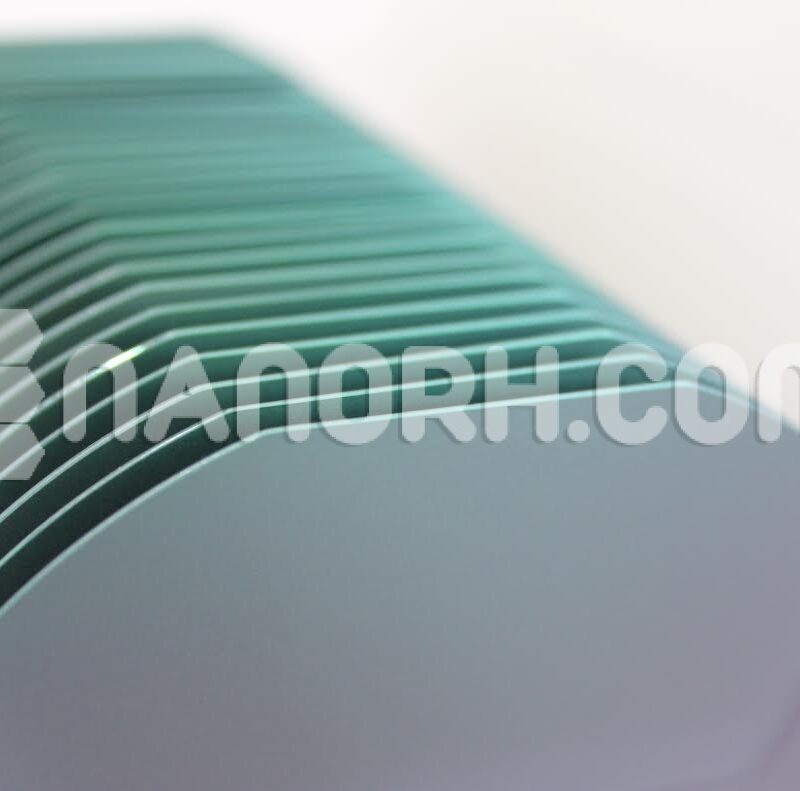| Antimony Telluride Sputtering target | |
| Product No | NRE-43014 |
| CAS No. | 1327-50-0 |
| Formula | Sb2Te3 |
| Thickness | 3 mm ± 0.5mm (can be customized) |
| Diameter | 50 mm ± 1mm (can be customized) |
| Color | NA |
| Molecular Weight | 626.32 g/mol |
| Density | 6.5 g/cm3 |
| Melting Point | 620 °C |
| Boiling Point | NA |
Antimony Telluride Sputtering target
Antimony Telluride Sputtering Target
Antimony telluride (Sb₂Te₃) sputtering targets are used in various advanced applications due to their unique properties. Here are some key areas where antimony telluride sputtering targets are applied:
Thermoelectric Materials:
Energy Conversion: Antimony telluride is widely used in thermoelectric materials for converting heat into electrical energy and vice versa. It is a key component in thermoelectric devices that harvest waste heat for power generation or provide cooling.
Phase Change Materials:
Data Storage: Antimony telluride is used in phase change memory (PCM) technology. It exhibits a reversible phase change between amorphous and crystalline states, making it useful for non-volatile memory applications in electronics.
Semiconductors:
Electronic Devices: Sb₂Te₃ is used in the deposition of thin films for various semiconductor applications. Its properties make it suitable for electronic devices that require specific electrical characteristics.
Optoelectronic Devices:
Photodetectors: Antimony telluride can be used in the production of photodetectors due to its ability to detect infrared radiation effectively. This makes it useful in sensors and imaging systems.
Infrared Sensors:
IR Detection: Sb₂Te₃ is employed in infrared (IR) sensors and imaging systems. Its ability to absorb and detect IR radiation makes it suitable for applications in thermal imaging and other IR-based technologies.
Thin-Film Coatings:
Optical Coatings: Antimony telluride sputtering targets are used to deposit thin films for optical coatings. These coatings can modify optical properties such as reflection and transmission for various optical applications.
Catalysts:
Catalytic Reactions: While less common, antimony telluride can be used in certain catalytic processes where its chemical properties are advantageous.
Photovoltaic Cells:
Solar Energy: In some advanced photovoltaic technologies, antimony telluride is explored for its potential in creating high-efficiency thin-film solar cells, although it is less common compared to materials like cadmium telluride.




